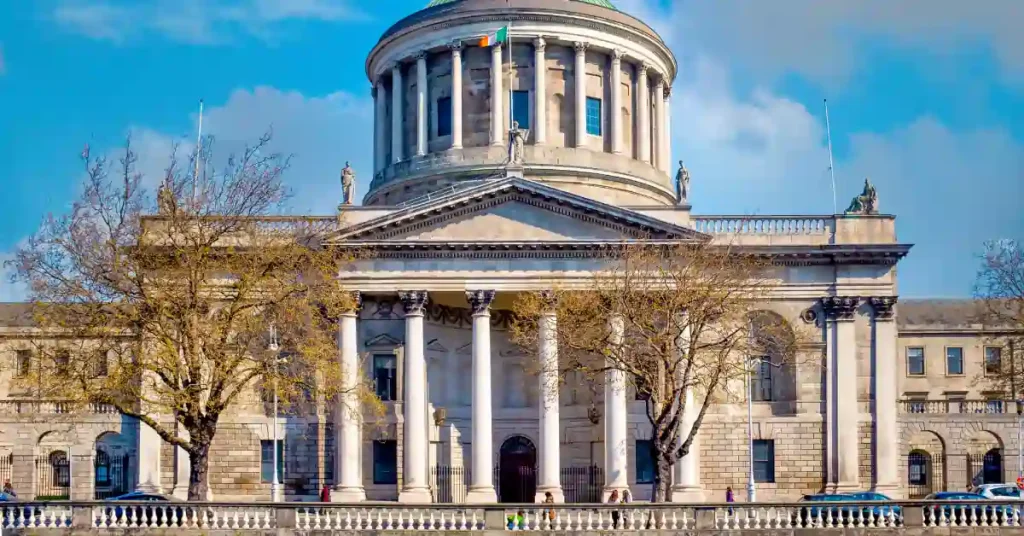High Court Case: County Council brought over dangerous mould in social housing
A judicial review action has been brought in the High Court after the county council told a Leitrim family of seven that the issues with their house did not render them homeless by its definition in the 1998 Housing Act and, therefore, did not entitle them to emergency housing.
Mr Justice Garrett Simons considered the application on an ex parte basis during the August 12th vacation sitting in the High Court.
The family were granted permission to proceed with their case against Leitrim County Council.
Louise and Thomas Stokes, members of the Irish Traveller Community, have lived at the house in Mount Temple, Carrick-on-Shannon, along with their five children for five years.
They dispute the county council’s decision that the family are not homeless, asserting that the property is detrimental to their health to the extent that the house is unsuitable for habitation.
The home, which the local authority initially supplied to the family, has problems with mould and dampness. The Stokes claim the mould is so extreme that they could not sleep in the bedrooms upstairs and had to stay downstairs.
After the family made a complaint, the council took steps to rectify the issues, including cleaning out the mould and increasing ventilation at the property.
However, the complainants maintained that these improvements were inadequate.
The council eventually launched a case against the Stokes because they had ceased paying rent due to the property’s condition.
The family explained that due to the worsening mould, they were forced to temporarily vacate the house three times and stay with relatives, which was damaging the health of their children.
After they left the house for the first time, the council approved their placement on the housing transfer list.
However, after leaving the house a further two times, experiencing ongoing health complications, and even being hospitalised for severe respiratory issues, they still had not been rehoused.
On the third occasion that they left to stay with another family, only a single room was available, so the seven had to share it.
The Stokes assert that they are entitled to emergency accommodation as they are homeless.
In denying this, they argue that the council has failed in their legal obligation to consider their application to transfer to different social housing.
They further allege that Leitrim County Council has disregarded the effect the living situation has had on the family’s mental well-being and the follow-on consequences of this.
Nuala Egan SC, acting as counsel for the Stokes family, requested the High Court make an order quashing the council’s decision that the applicants did not qualify as homeless as defined in the 1998 Housing Act.
She also sought several other declarations and orders, including quashing the council’s denial of their request to transfer to new social housing.
They crucially asked the court to order that the council supply them with emergency accommodation that is adequate for a family and suitable for human habitation.
Counsel for the applicants also sought several declarations about the Stokes’ rights under Irish Constitutional and EU law.
They believe the council’s refusal to consider them homeless breaches their rights under the EU Charter of Fundamental Rights, the European Convention on Human Rights, and the Irish Constitution.
It is disproportionate, irrational and unreasonable.
As well as the orders and declarations sought, the family have asked the court to award them damages for the rights breaches and the council’s failure in their duty owed to the Stokes.
The action will come before the High Court again in late August.
If you have been affected by similar issues with your social housing or believe your local county council needs to address your concerns adequately, our team of experienced solicitors is here to assist. Contact us at 1800-844-104 or [email protected].




![Sodium Valproate Inquiry [2025] Coleman Legal LLP](https://colemanlegalpartners.ie/wp-content/uploads/2025/07/Sodium-Valproate-Inquiry-2025-Coleman-Legal-LLP-1024x536.webp)
